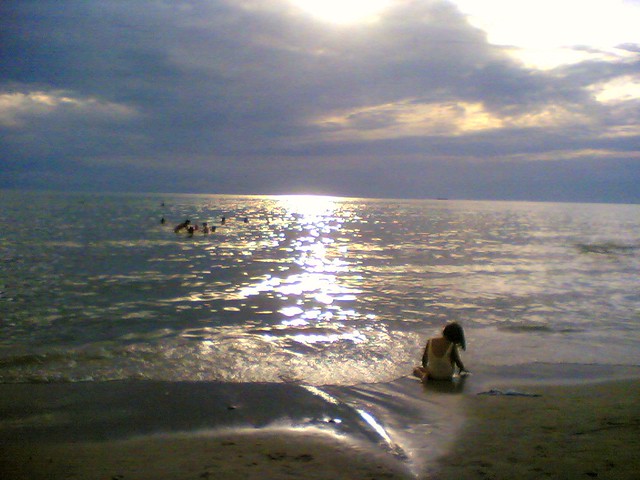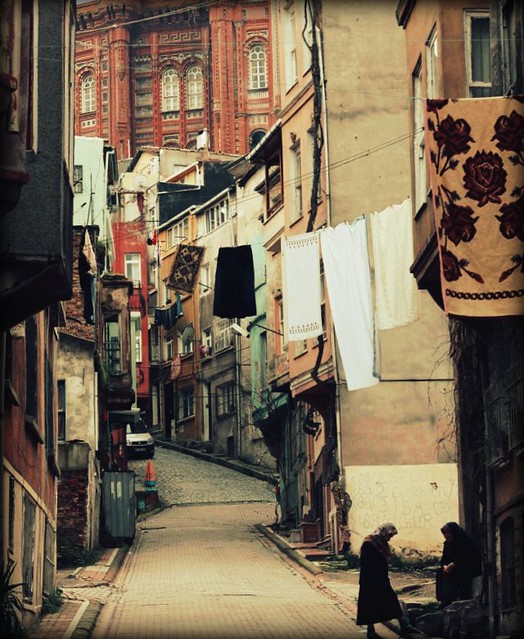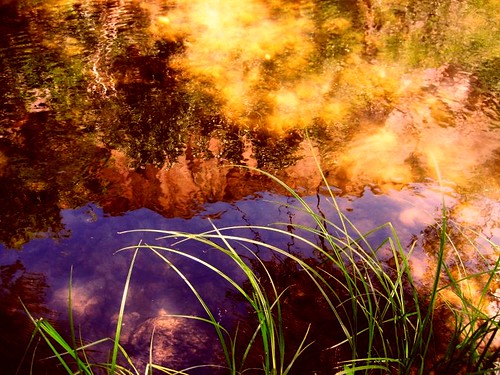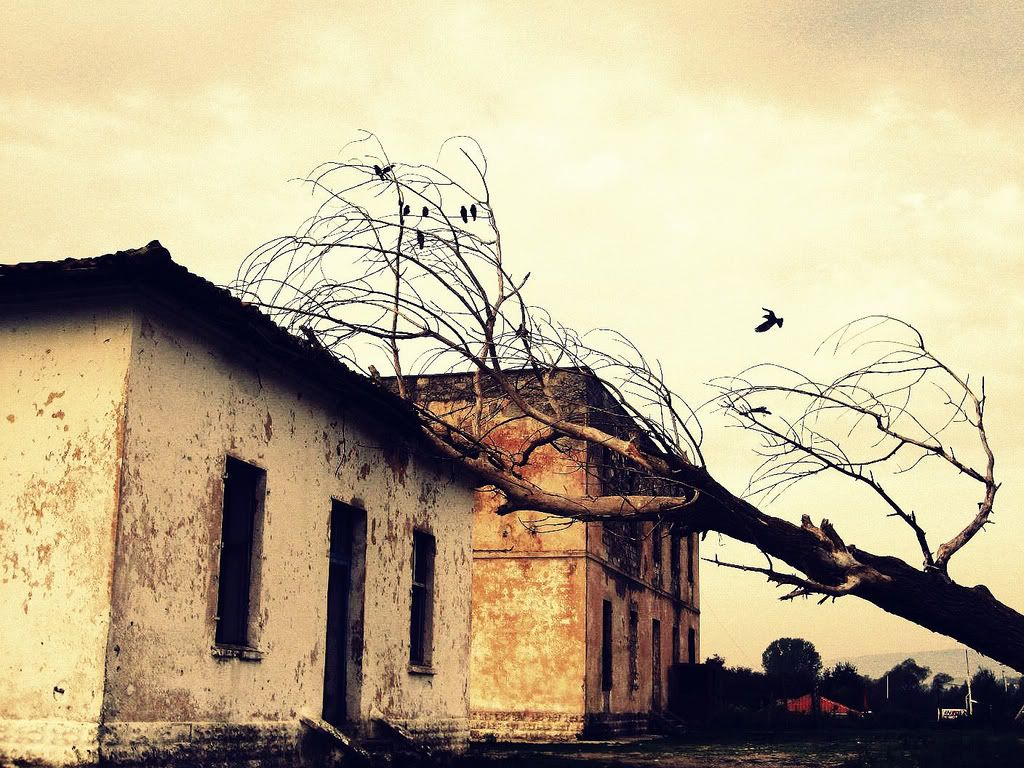'Millosh Gjergj Nikolla' (October 13, 1911 - August 26, 1938) (aka Miđoni/Migjeni, Miloš Đoka Nikolić) was born in Shkodër, Albania . He would become one of the leading figures in Albanian literature.
Migjeni attended elementary school in Shkodër at the Serbian language school there and later at St. John's Orthodox Seminary in Bitola (Bitolj/Manastir), then Kingdom of Serbia (now Republic of Macedonia). There he studied Russian, French Greek and Latin and read literature written in those languages. On his return to Albania, he gave up his intended career as a priest to become a school teacher in Vraka, a Serb village a few miles from Shkodër. He began writing verse and prose sketches in Albanian. Having contracted tuberculosis, which was then endemic in Albania, he went for treatment to Turin in northern Italy where his sister Olga was studying mathematics. After some time in a sanatorium there, he was transferred to the Waldensian Hospital in Torre Pellice where he died at the age of twenty-six.
During the 1930s, the position of the Serb minority deteriorated as Serb schools were closed down by King Zog. Thus, the author had to Albanize his name and chose the nom-de-plume Mi-Gje-Ni in order to preserve his heritage. The acrostic was formed by the first two letters each of his first name, patronymic (the Serbian equivalent 'đ/ђ' of Albanian 'gj' is one letter) and last name.
His slender volume of verse (thirty-five poems) entitled Vargjet e Lira (Free Verse) was printed by Gutenberg Press in Tiranë in 1936, but was banned by the authorities. The second edition, published in 1944, was missing two old poems Parathanja e parathanjeve (Preface of prefaces) and Blasfemi (Blasphemy) that were deemed offensive, but it did include eight new ones. The main theme of Migjeni was misery and suffering, a reflection of the life he saw and lived.
source: http://www.knowledgerush.com/kr/encyclopedia/Millosh_Gjergj_Nikolla/

Autumn on parade
Autumn in nature and autumn in our faces.
The sultry breeze enfeebles, the glowering sun
Oppresses the ailing spirit in our breasts,
Shrivels the life trembling among the twigs of a poplar.
The yellow colours twirl in the final dance,
(A frantic desire of leaves dying one by one).
Our joys, passions, our ultimate desires
Fall and are trampled in the autumn mud.
An oak tree, reflected in the tears of heaven,
Tosses and bleeds in gigantic passion.
"To live! I want to live!" - it fights for breath,
Piercing the storm with cries of grief.
The horizon, drowned in fog, joins in
The lamentation. In prayer dejected fruit trees
Fold imploring branches - but in vain, they know.
Tomorrow they will die... Is there nowhere hope?
The eye is saddened. Saddened, too, the heart
At the hour of death, when silent fall the veins
And from the grave to the highest heavens soar
Despairing cries of long-unheeded pain.
Autumn in nature and autumn in our faces.
Moan, desires, offspring of poverty,
Groan in lamentation, bewail the corpses,
That adorn this autumn among the withered branches.
Great Translation by Robert Elsie




















